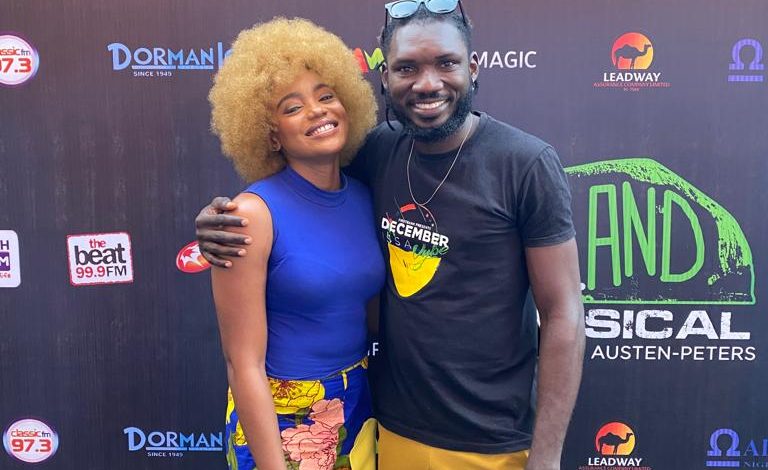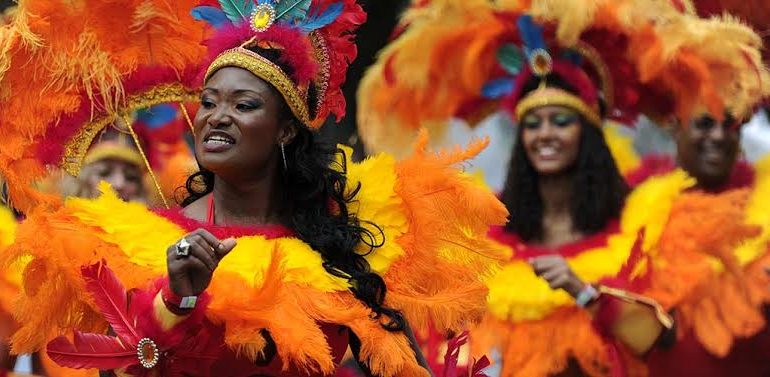Chukwuebuka Amaechi wins ‘Ikwa-ikiri’ at Festival of Igbo Proverbs to emerge Voice of the Oracle


By Ozoro Opute
CHUKWUEBUKA Amaechi has won the first edition of Ikwa-ikiri contest at the Festival of Igbo Proverbs. It was organised by Igbo Renaissance Group (IRG), a new organization with both diaspora and home membership, committed to the interrogation, revival and modifications, where necessary, of Igbo culture and tradition. The contest was held virtually via Zoom. Amaechi is a graduate of English whose versatility in Igbo proverbs fetched him a tidy N70,000 prize money after beating two other fellow contestants – Kelvin Alisi in second and Chukwuemeka Uduma in third positions, respectively.
According to the project Facilitator and writer, Mr. Chidozie Chukwubuike, “It is believed that the Igbo worldviews are most encapsulated in the plethora of Igbo proverbs. Those who communicate with proverbs have been found to have sound depth of thought. At the event, existential challenges facing the Igbo world were interrogated through proverbs. Such challenges as the gradual entry of terrorism into the Igbo geographical space, thuggery, the do-or-die posturing of politicians and the poverty question are all properly discussed at the event. The contestants were given three minutes each to use Igbo proverbs and speak through the provided themes. It was a strictly online event tagged Ikwa-ikiri via Zoom. The event was the Festival of Igbo Proverbs packaged as competition.
“Ikwa-ikiri in the Igbo cosmology is the clearing of the throat that precedes every important pronouncement. It is believed that whenever anyone clears the throat, both spirits and humans become attentive for the verbal exercise to follow. By winning the contest, Chukwuebuka Amaechi becomes the Brand Ambassador of Igbo Renaissance Group (IRG) and goes with the title of ‘Voice of the Oracle.’ Originally the event was designed to be a winner takes-all and the grand prize was N100,000. However, an excited participant supported the programme with additional N50,000, and there was spontaneous decision to spread the prize money to the three contestants, with the winner getting N70,000 and the other two N50,000) and N30,000, respectively.”
The contest began on December 3, 2022 with the announcement of the contest and call for submissions, with a shortlist of three announced on December 20, and the grand finale held on Christmas day, December 25, 2022.

An excited Owerri-based Amaechi expressed happiness at winning the contest thus, “It feels so special winning a contest in Igbo language at a time when it feels our language is going into extinction. I studied English in the university, so winning an Igbo competition as someone who majored in English shows how versatile I am. I have not dropped Igbo language. You can see now that I’m speaking English, but that contest was basically in Igbo all through from beginning to the end. So that means I’m good at Igbo the same way I speak English. So, I feel so special about it. And then it’s something worth bragging about, that there’s an organisation that rewards people who can speak Igbo very well. I feel very happy about it.”
Like most concerned people, Amaechi is worried that Igbo, like most indigenous languages, is having less patronage from its native speakers and is desirous that something should be done to reverse the negative trend.
“I’ve read somewhere that if nothing is done, our Igbo language will go extinct,” he said. “Even while I share that worry, I know that it’s not totally true. There’s nothing that will make our language go into extinction. But then the emergence of English in Owerri, if we don’t do anything, things might not remain the same. I have a friend here in Owerri, who’s in the university; she cannot speak a single word of Igbo language. She was born and raised here in Owerri. They take it as a pride not to speak Igbo in her family but only English. So, if someone who was raised in Owerri cannot speak Igbo language, you can imagine. In the near future she will have to raise her own children not being able to speak Igbo language as well. But I have uncles in the diaspora whose children speak Igbo very well, because these uncles can speak Igbo and taught it to their children. But in a situation where children being raised in Owerri cannot speak Igbo, what do you expect from their children? So Igbo language in Owerri is something that we need to worry about. English language is taking over here.”
Although Amaechi is happy with the latest pronouncement by the federal government that the mother tongue of the host community will be used to teach in primary schools, he’s worried about those to implement the policy in terms of adequate teaching staff.
Amaechi has published some books and wished Igbo were as widely spoken and used as English, he would not have studied it but also write in it. He said as a writer, Igbo doesn’t tend to have the wide readership that English commands, and so didn’t want to box himself into a tight corner of a limited language to express his creativity. Amaechi, like most Nigerian youths, is itching to japa and go abroad, so he could improve his lot in life, saying opportunities in the country are few. Right now he’s a tricycle (keke) transporter, a job beneath the status as a graduate, but which nonetheless enables him to put food on the table. He’s also hoping to partner with Igbo Rennaisance Group to deepen Igbo as a language of cultural pride among the populace.




0 Comment
Congratulations my brother.
Wishing you more wins.